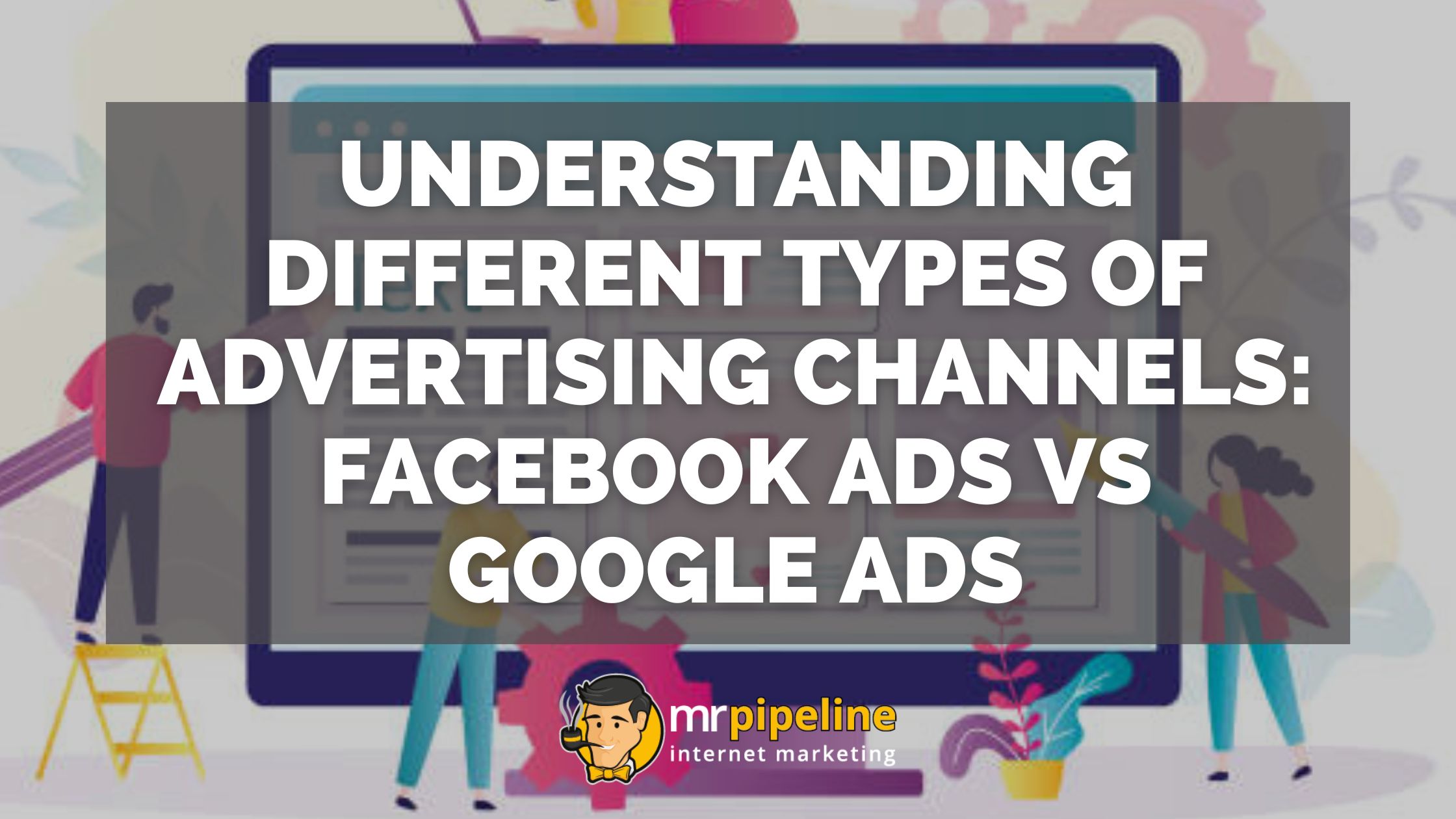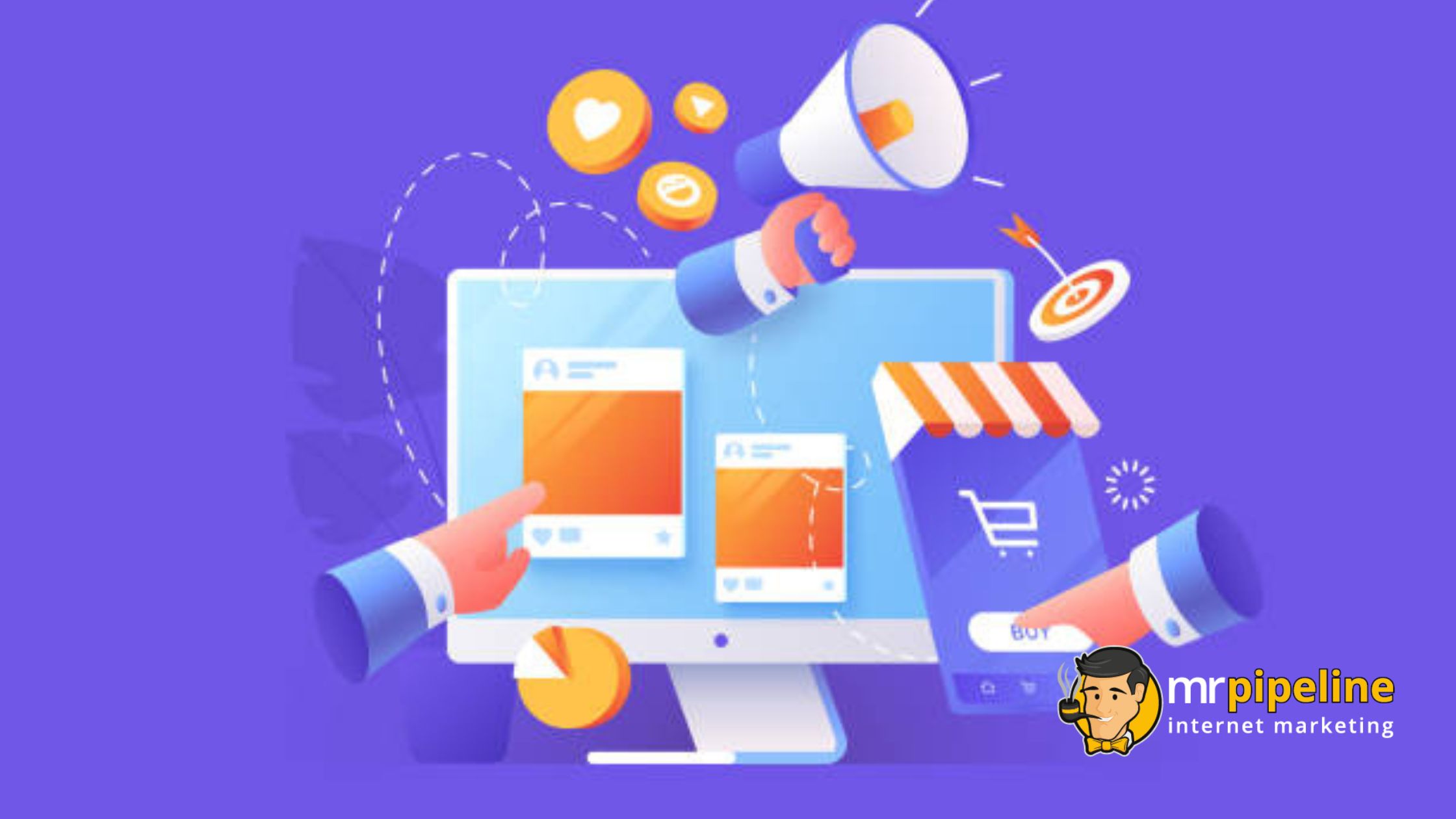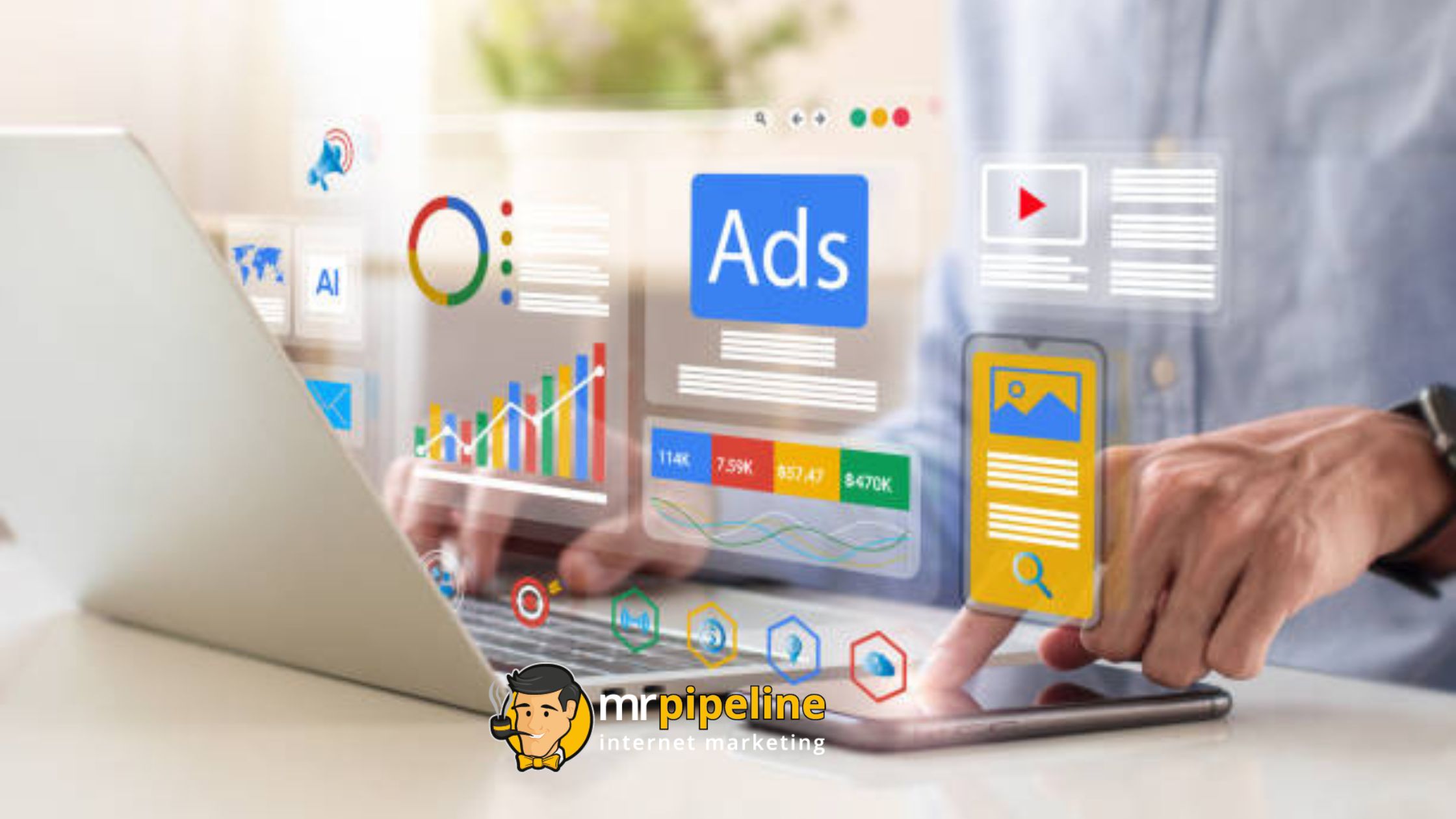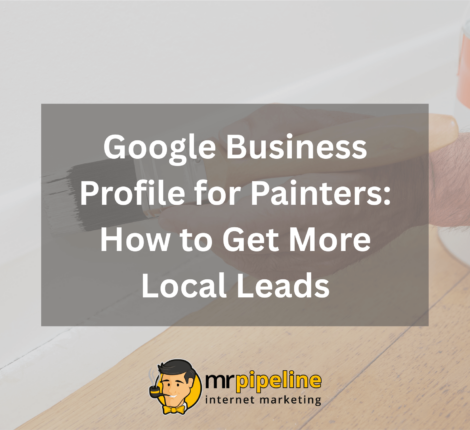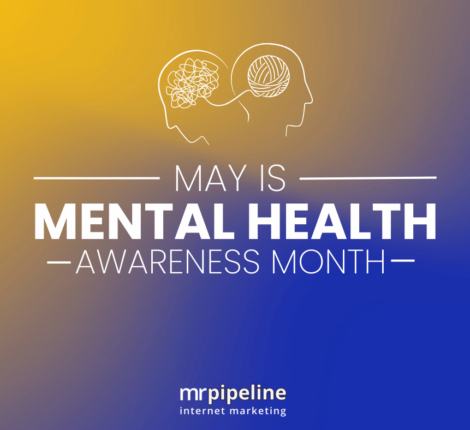- July 8, 2024
- Home Services
- Comments : 0
Understanding Different Types of Advertising Channels: Facebook Ads VS Google Ads
Selecting the right advertising channel can significantly impact your home service business’s success. Among the various options available, Facebook Ads and Google Ads are two of the most powerful platforms. Understanding the differences between these two channels can help you make informed decisions and maximize your return when running paid advertising.
Overview of Facebook Ads
Facebook Ads allow businesses to display targeted advertisements to users across the Facebook platform through their newsfeed, Instagram’s newsfeed, marketplace, video feed, and within the Messenger app. With over 2.8 billion monthly active users on Facebook alone, this platform offers significant reach and engagement potential.
How do Facebook Ads Work?
Facebook Ads operate on a cost-per-click (CPC) or cost-per-impression (CPM) basis. Advertisers create campaigns with specific objectives, such as brand awareness, website traffic, or lead generation. Facebook has advanced targeting options that enable businesses to reach audiences based on demographics, interests, behaviors, and more.
Benefits of Facebook Ads:
- Highly Targeted Advertising: Facebook’s detailed user data allows for precise audience targeting.
- Visual Appeal: The platform supports various ad formats, including images, videos, carousels, and slideshows, making it ideal for visually engaging content.
- Cost-Effective: Generally, Facebook Ads tend to be less expensive than other forms of paid advertising, such as Google Ads.
- Integration with Instagram: Businesses can seamlessly extend their ad campaigns to Instagram for greater reach.
Overview of Google Ads
Google Ads, formerly called Google AdWords, is a pay-per-click (PPC) advertising platform businesses use to run ads. These ads appear in Google search results or other websites through Google’s Search Partners or Display Network.
How do Google Ads Work?
Google Ads operates on a pay-per-click (PPC) model. Advertisers bid on keywords relevant to their business and ads are displayed to users based on their search queries or browsing behavior. The platform offers a variety of ad formats, including text ads, display ads, video ads, and shopping ads.
Benefits of Google Ads:
- Intent-Based Targeting: Google Ads reach users who are actively searching for products or services, generating higher intent searches and typically higher conversion rates.
- Extensive Reach: Google generates billions of searches per day, providing a large potential audience for advertisers.
- Measurable Results: Google Ads offers detailed analytics and reporting tools to track campaign performance and ROI.
- Variety of Supported Ad Formats: The platform supports a wide range of ad formats, catering to different marketing goals and strategies.
Comparing Facebook Ads and Google Ads
Audience Targeting:
- Facebook Ads: Ideal for increasing brand awareness and visibility and reaching potential customers who may not be actively searching for products or services. Facebook ads push your services and brand out to a highly targeted audience who’s most likely to be interested in your services.
- Google Ads: Focuses on keyword-based targeting, capturing users with high intent who are actively searching for specific services, products, or information.
Cost and Budgeting:
- Facebook Ads: Generally more cost-effective, especially for small businesses with limited budgets. Offers flexible budgeting options and lower CPC compared to Google Ads.
- Google Ads: Can be more expensive due to competitive bidding on popular keywords. Requires careful budget management to avoid overspending.
Ad Formats and Creativity:
- Facebook Ads: Offers visually engaging ad formats, including images, videos, carousels, and more.
- Google Ads: Provides a variety of ad formats, including text, display, video, and shopping ads.
Conversion Funnel:
- Facebook Ads: Effective at generating awareness and interest at the top of the funnel. Requires a strong follow-up strategy to nurture leads and drive conversions.
- Google Ads: Targets users at different stages of the buying journey, from initial research to final purchase. Higher likelihood of immediate conversions due to intent-based targeting.
Both Facebook ads and Google ads can yield a significant ROI when executed with the right strategy. When it comes to choosing the right advertising platform, it’s important to evaluate your business goals, your marketing budget, your target market, and your overall marketing strategy. Whether you aim to increase brand awareness with Facebook Ads or capture high-intent leads with Google Ads, a well-informed strategy will help you achieve your marketing objectives and drive business growth for your home service business.


